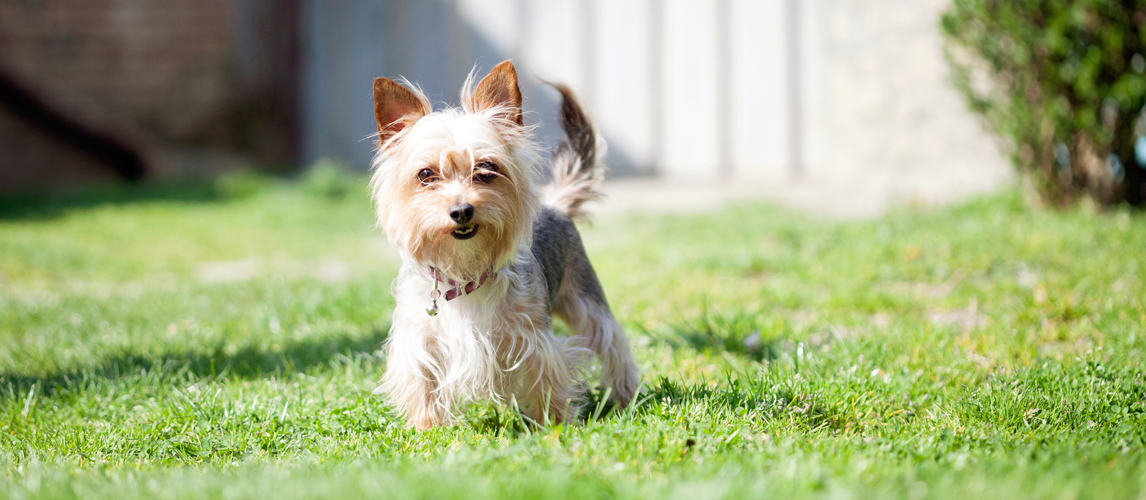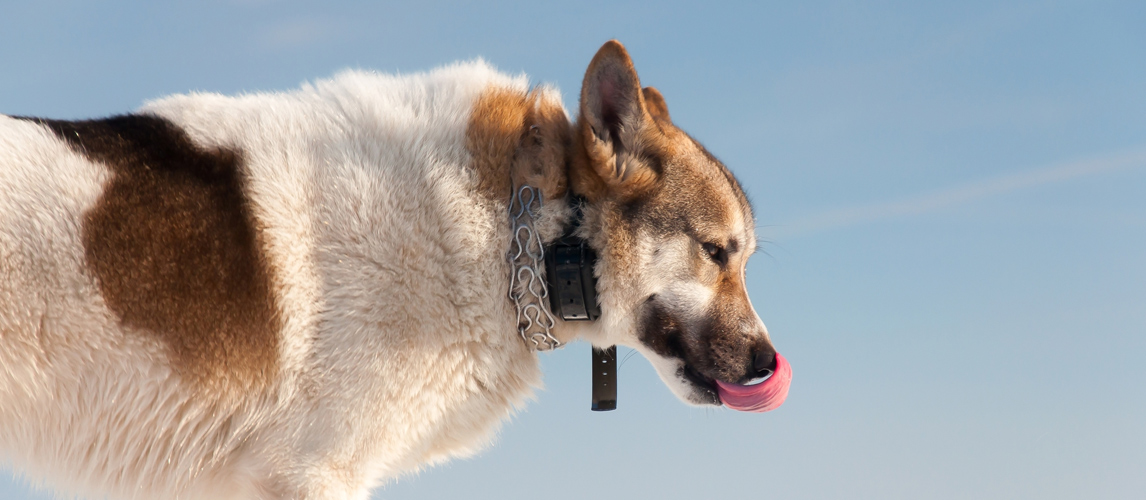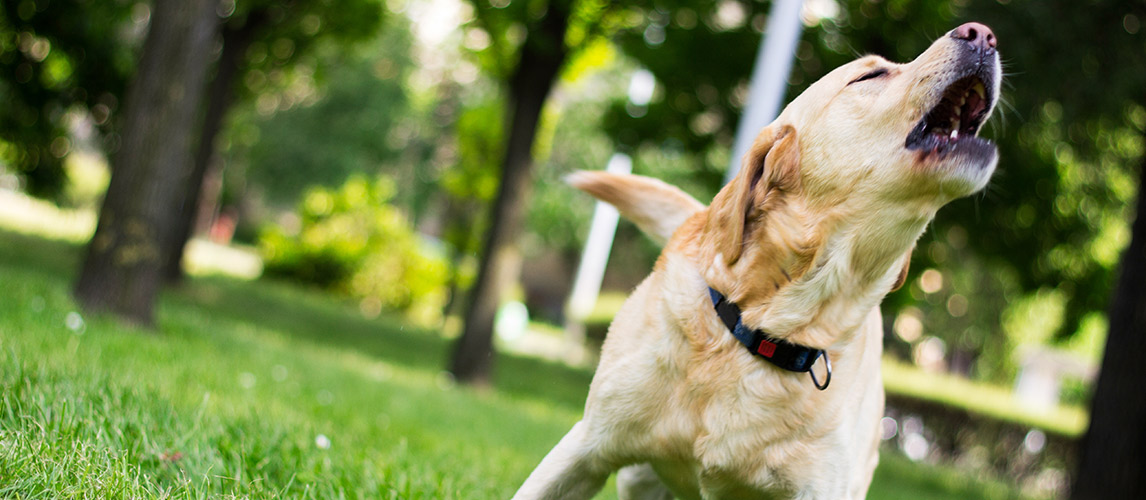We love to see our dogs have that fighting and combative instinct. We want them to have a great sense of smell to be able to chase intruders away and defend our homes from burglars. However, this aggressive and adversarial intuitiveness can be a major challenge if it is not well developed. Your dog will end up hounding every unknown face they see or scent they can’t recognize. Also, because of their strong sense of hearing, dogs can chase away cars that are not familiar to them, and this can be a major problem. Dogs who chase cars do not only endanger themselves but also jeopardize the lives of the driver and other users of the road. In this article, we will provide you with important information on how to retrain your dog and redirect this predatory drive. So if you have ever asked yourself ‘Why do dogs chase cars?’ then read on to find out why. And if your dog chases car, we will show you the actions you can take to stop this behavior.
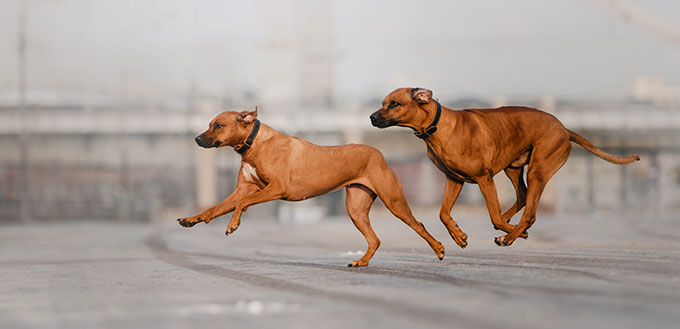
Why Do Dogs Chase Cars?
You may be astonished to learn that there may be genuine explanations behind the dog chasing cars phenomenon. Read below to learn more.
- Dogs love their zone or territories
When your dog sees a stranger or an unannounced visitor at your home, the underlying reason why he or she barks and chases the stranger away is that your dog recognizes them as outsiders, and your dog doesn’t trust the strangers. That is the same explanation behind your dog barking or chasing away the moving car when you embark on a walk. Dogs are able to smell or hear the sound of a car that is not part of their territory, and if such a car approaches their territory, it enrages them since they do not want other dogs or ‘things’ nearing their zones.
- Dogs have natural intuition
One characteristic of dogs is that they have a very probing nature, and an imminent vehicle awakens their instincts and spur them on to drive away cars unexpectedly. They are occasions where they chase the moving car because of a bad encounter they had with the driver. Again, sometimes when dogs feel abandoned or lonely, they chase cars or bark at strangers to get rid of the boredom.
- Dogs are prey specialists
Dogs have developed into endurance experts. Wild predators such as wolves often utilize their speed for chasing prey and hunting them down. Domestic or tame dogs are very, very close to their ferocious relatives, and they have maintained this urge to chase. The inclination to hound advancing stuff is built into their brains.
- Examine the breed to which your dog belongs
Lastly, dogs love to chase, however certain breeds have evolved to be used for particular types of jobs, and they are more aggressive. Dogs such as terriers and greyhounds are fond of coming after or hunting smaller creatures. Shepherd dogs are probably likely to run after sheep, moving cars or people jogging on the streets in a misplaced move to guide them.
How to Stop a Dog from Chasing Cars
Now that we know why dogs chase cars, let’s look at how best to stop them. To train your dog to know what he or she shouldn’t chase, your dog should first master the ‘’stay’’ and ‘’sit’’ dog commands. They are commands that are very vital in controlling dogs, and once they grasp it very well, they are ready to be retrained. Here are a few pointers to use to stop your dog from chasing cars.
- The first thing you must know is that at no time should you ever chase the dog when he or she is running after the moving car, as this only motivates them to race more.
- Steadily call out the dog’s pet name in a strong tone, and this act will redirect the dog’s focus on you. Your dog will not run to you immediately, but obtaining his or her focus right away is a major move in stopping him or her from chasing cars. It is significant to call out his or her pet name in a strong voice because your dog might run off from you if he hears his real name. Dogs often abscond upon hearing their real names in this situation because they might think they may have acted wrongly, and as such, you are about to punish them.
- Train your dog to understand certain commands such as ‘’leave’’. You can begin with the dog on the lead and throw small balls and ordering the dog to ‘’leave’’ or shout out the dog’s name and let him come to you. If he retorts back, you should administer the command with a strong pull on the dog’s lead. Repeat this session until your dog responds positively. Also, reward your dog with a tasty treat each time he gets it correctly.
- Alternatively, have someone drive or jog ahead of the dog and you. Rehearse ordering the dog to ‘’halt’’ plus ‘’leave’’ if the dog strives to hunt. Practice as often as you can till the dog ceases to chase or usually halt when the dog is handed a basic command.
- Most often than not, dogs run after vehicles because their energies are held back and not expressed, released, or used. As such, take the dog for a couple of walks, and when you are outside from home, the dog must have in mind that particular conduct is expected; usually, a leash will let your dog understand control.
- Allow the dog to run after you. Most dogs enjoy bonding and playing with us, and it is a great opportunity for the two of you to exercise.
- Last but not the least, if all the above steps don’t work and your dog still keeps chasing after moving vehicles, then we recommend confining your dog in your home to keep pedestrians, drivers, and your dog safe.
You May Also Like: Dog Leashes and Retractable Dog Leashes
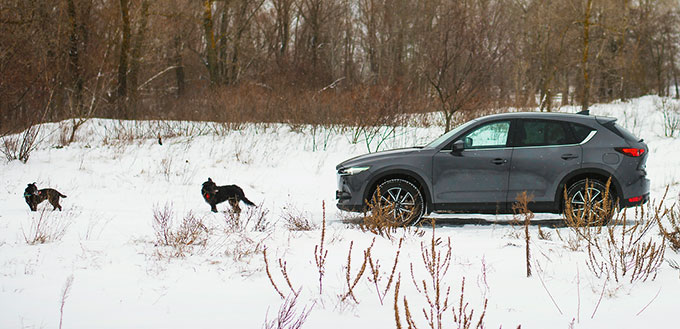
To Summarize
In summary, dogs are fun and lovely to have around. They may have a predatory instinct that predisposes them to often hound strangers and chase moving cars they do not recognize. When this situation occurs, stay calm as it is a natural disposition and use the steps above to redirect their excess energy into useful actions such as guiding livestock or guarding your home.
Sources:
- How to Stop Your Dog From Chasing Cars, WebMD
- Mikkel Becker, How Can I Get My Dog to Stop Lunging at Cyclists and Runners?, VetStreet


